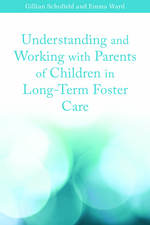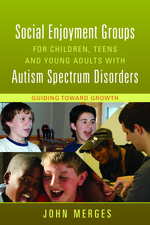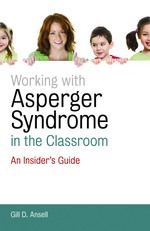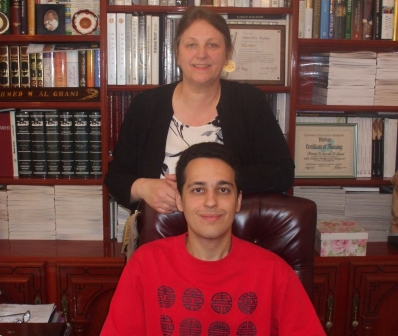Understanding Crisis Therapies – An Interview with Dr Hilda Loughran
“I’d like to think that balancing the individual and social approaches to crisis does offer something special at a time when people may be so burdened by stressful/crisis situations that they may take too much on themselves. This book really emphasises the idea that crises happen in a social context, that social supports can mitigate the devastating effects of a traumatic event and that a lack of social support can make even a simple problem seem insurmountable.”









